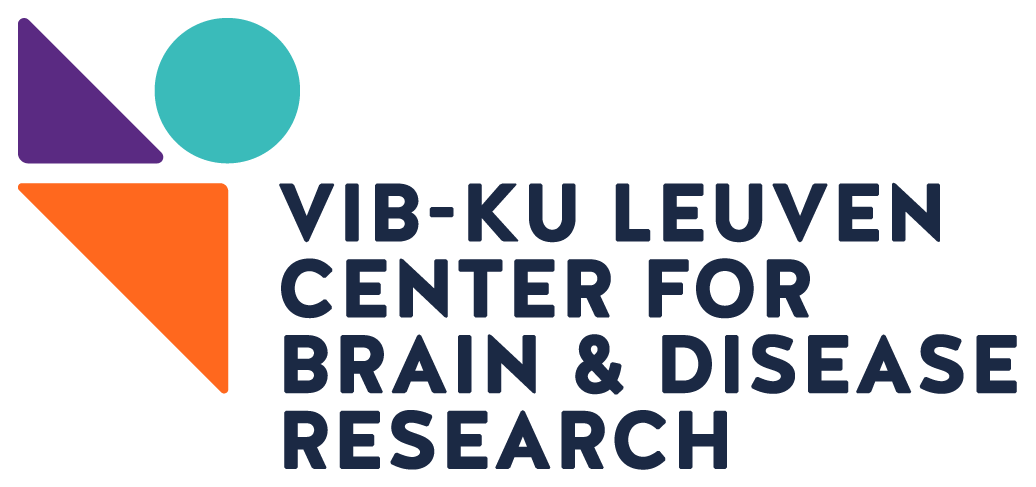VIB-KU Leuven Center for Brain & Disease Research
Explore our science, meet our people
Want to know more about our science and the people that make them happen?
Follow us on Twitter for the latest updates
Make a Donation
Our scientists work towards developing new insights and sustainable innovations.
You can support us by giving a donation to our Center, or for a specific cause we work on.
Donate to BE92 0017 1194 5623 (account in name of VIB vzw) with reference: ‘Research CBD - 9994GC04' or the lab you want to support.
Donations equal or above €40 entitle you to a tax exemption.
If you have any questions or you are looking into making other donations, please don't hesitate to get in touch.



